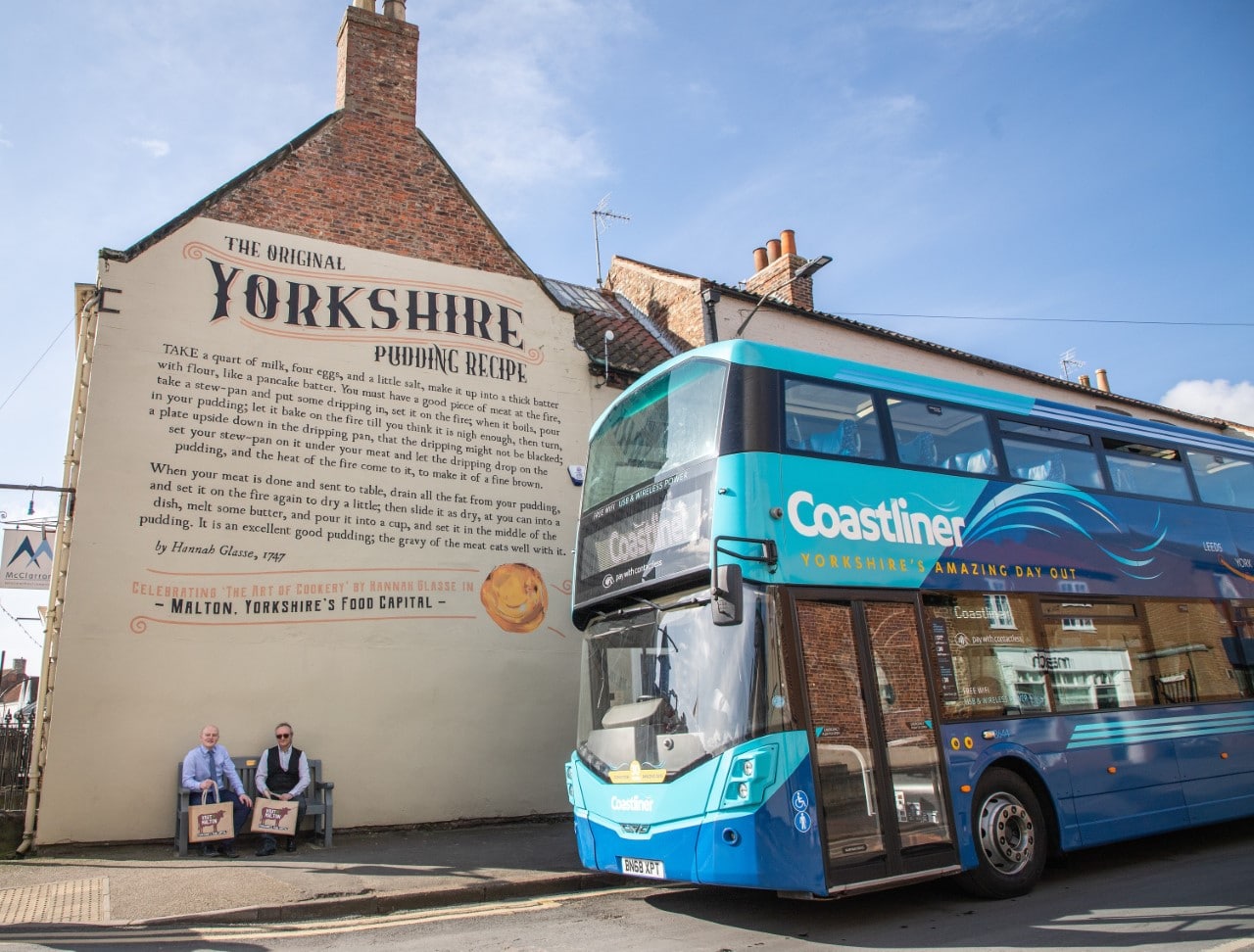COVID-19 will bring hardship; but we can and will emerge stronger when it’s over
As we are all aware (and tired of saying), the coach and bus industry has been having a hard time of late.
New registrations in 2019 were down 14% from the previous year and almost 30% from 2017. Patronage seems to have stabilised in most places but fares are starting to go the wrong way. The perfect time for an international pandemic.
International companies are grounding staff and encouraging remote working. Ski resorts have closed. Most spring and summer events have already been postponed to the autumn and even local Sunday football leagues are shutting down.
Despite UK government policy at first favouring pragmatism, people are now being encouraged to stop all but essential travel and are stocking up. Transport for London (TfL) announced that bus patronage has dropped by 10% across the capital while tube journeys have fallen by nearly 20% over the last week.
Cancellations of sports and music events are likely going to hit operators hard in what is supposed to be the spring ramp up. Where there was once a shortage of drivers there will now be a shortage of work across the county. Major economies are grinding to a halt and already bailouts for airlines are being discussed. Could we see a similar support package for operators as work dries up?
The extreme actions taken in China and Italy show how quickly national and international governments can react should the existential threat be deemed serious enough. The coinciding of COVID-19 with the year that the international community comes to the UK for COP26 to talk climate change couldn’t be more appropriate. It shows that large scale change is possible.
Falling emissions from China’s industrial heartland – partly our own exported emissions – have already led to significant improvements in air quality and it’s well known that the quickest way to reduce greenhouse gas emissions is to go into recession.
But grinding to a halt isn’t how we will tackle climate change in the long run. Clear, consistent and sustained action will be. The first phase of DfT’s Transport Decarbonisation Plan is likely to be published in April and this will give us a look at the state of domestic transport emissions across road, rail, marine and aviation as it is today. The action plan is to be published at COP26 to see how the UK will begin to tackle emissions between now and 2050.
Public transport will be at the heart of these plans and zero-emission (ZE) is looking like the only option for city centre operations, with £5bn set aside to improve bus infrastructure and help purchase 4,000 new ZE buses. With National Express setting out ZE ambition by 2035, operators are demanding models and we are seeing the market respond. The UK could have five different bus OEMs developing battery-electric and hydrogen fuel cell-electric chassis in 2021, as well as another seven or eight internationals looking to supply the UK market.
Despite the short-term doom and gloom, the industry could rise from the ashes of COVID-19 with a brighter ZE future, front and centre of the UK’s national transport policies. Keep calm and coronavirus on.

























